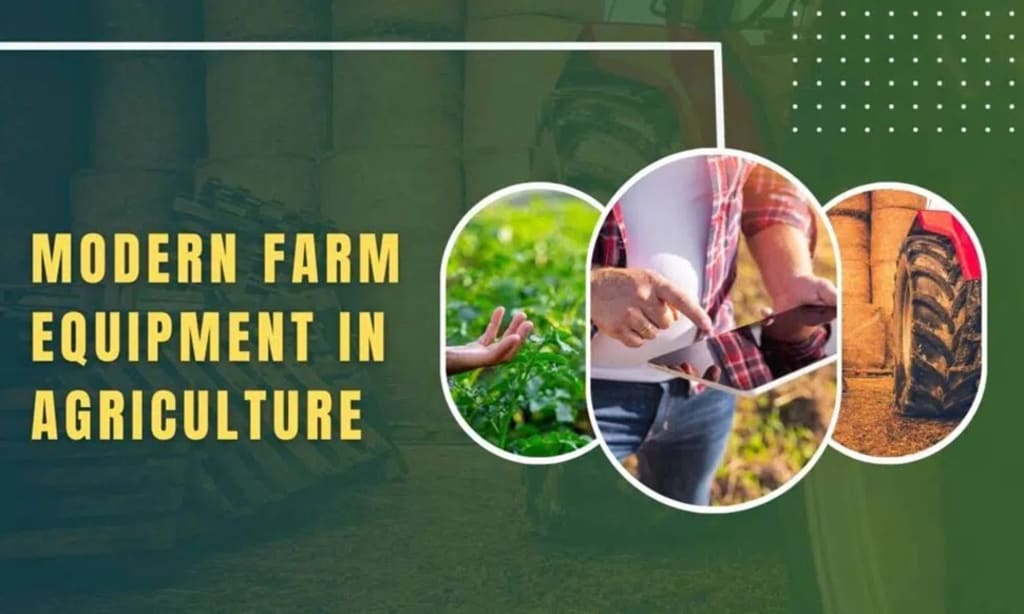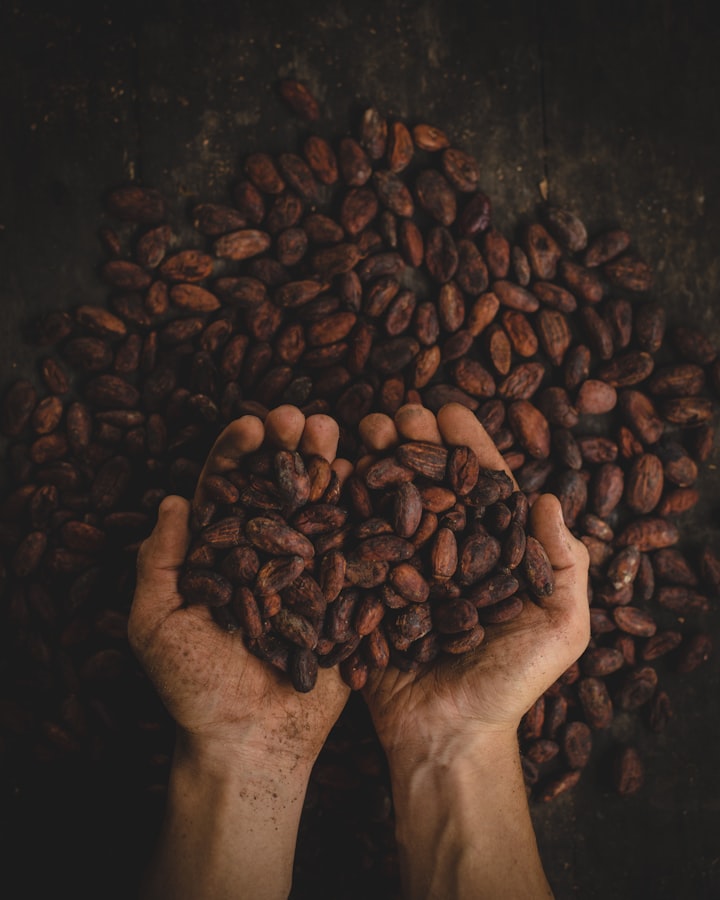Modern Farm Equipment in Agriculture
Modern Farm Equipment in Agriculture

Title: The Evolution of Modern Farm Equipment in Agriculture: Advancements Driving Efficiency and Sustainability
Introduction:
In the realm of agriculture, technological advancements have continuously revolutionized the way farmers operate. Among these innovations, modern farm equipment stands out as a pivotal component driving efficiency, productivity, and sustainability in agricultural practices. From tractors to drones, the evolution of farm equipment has significantly transformed traditional farming methods, ushering in an era of precision agriculture. This article explores the diverse range of modern farm equipment and its impact on the agricultural landscape.
1. Tractors: The Workhorse of Modern Farming
Tractors serve as the backbone of modern agriculture, facilitating various tasks such as plowing, planting, and harvesting. Over the years, tractors have evolved from simple mechanical machines to sophisticated, computer-controlled vehicles equipped with GPS technology. This integration of precision agriculture techniques has enabled farmers to optimize field operations, minimize input wastage, and maximize yields. Additionally, advancements in engine efficiency and alternative fuel options have enhanced the sustainability of tractor usage, reducing carbon emissions and environmental footprint.
2. Precision Planting and Seeding Systems
Precision planting systems have revolutionized the way seeds are sown, ensuring optimal spacing, depth, and placement for each crop. By employing technologies such as GPS guidance and automated control systems, farmers can achieve uniformity in seed distribution while minimizing overlaps and gaps. Furthermore, variable rate seeding allows for customized planting densities based on soil characteristics and yield potential, leading to improved resource utilization and higher crop yields. These precision planting techniques not only enhance productivity but also contribute to soil health and conservation efforts.
3. Automated Harvesting Machinery
The advent of automated harvesting machinery has streamlined the process of gathering crops, significantly reducing labor requirements and harvesting time. From combine harvesters to fruit-picking robots, these advanced machines utilize sensors, cameras, and robotic arms to selectively harvest ripe produce with precision and efficiency. By minimizing damage to crops and increasing harvesting speed, automated systems enable farmers to optimize their operational efficiency and meet market demands effectively. Moreover, by reducing the reliance on manual labor, these technologies address labor shortages and improve the overall sustainability of agricultural practices.
4. Remote Sensing and Monitoring Devices
Incorporating remote sensing and monitoring devices, such as drones and satellite imagery, has revolutionized farm management practices. These technologies provide farmers with real-time data on crop health, soil moisture levels, and pest infestations, allowing for timely interventions and informed decision-making. By identifying potential issues early on, farmers can implement targeted interventions, thereby minimizing crop losses and maximizing yields. Furthermore, the integration of data analytics and artificial intelligence enables predictive modeling and prescription mapping, offering valuable insights for optimizing input usage and resource allocation.
5. Smart Irrigation Systems
Water scarcity poses a significant challenge to agriculture, making efficient water management crucial for sustainable farming practices. Smart irrigation systems leverage sensors, weather data, and automation to optimize water usage while ensuring proper hydration for crops. By precisely delivering water directly to the root zone based on plant needs and environmental conditions, these systems minimize water wastage and runoff, thereby conserving water resources and reducing irrigation costs. Additionally, by integrating soil moisture monitoring and remote control capabilities, farmers can remotely manage irrigation schedules and respond promptly to changing conditions, further enhancing water efficiency and crop productivity.
Conclusion:
The evolution of modern farm equipment has transformed the agricultural landscape, enabling farmers to embrace precision agriculture practices and achieve greater efficiency, productivity, and sustainability. From advanced tractors and precision planting systems to automated harvesting machinery and smart irrigation systems, these technologies empower farmers to make data-driven decisions, optimize resource usage, and mitigate environmental impact. As technology continues to advance, the integration of robotics, artificial intelligence, and big data analytics promises even greater opportunities for innovation in agriculture, ensuring a brighter and more sustainable future for food production.
About the Creator
Kavya Organic Garden
Passionate about home gardening, plant care, growth, and maintenance. Join me on this exciting journey of organic practices and sustainable gardening! 🌱






Comments
Kavya Organic Garden is not accepting comments at the moment
Want to show your support? Send them a one-off tip.